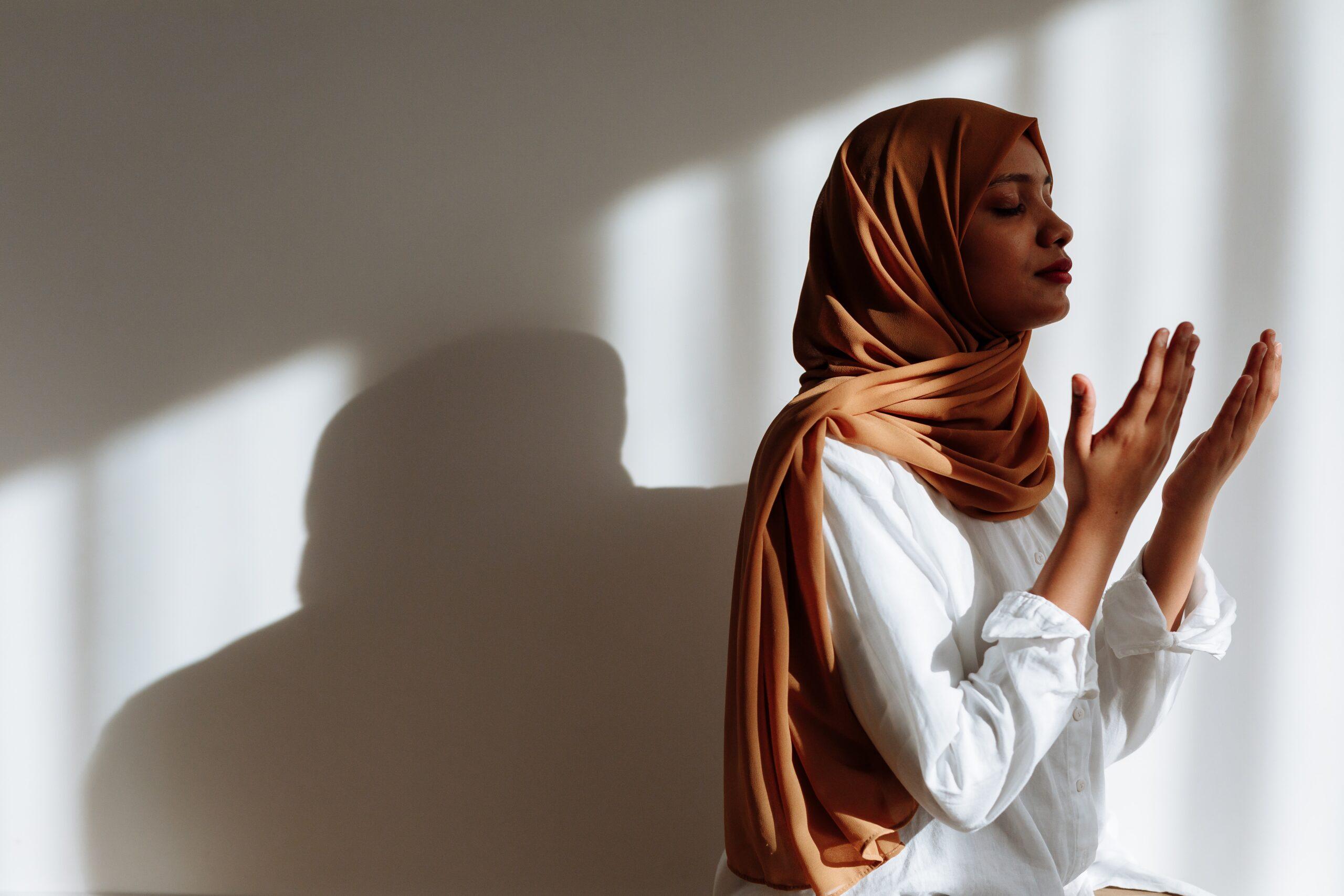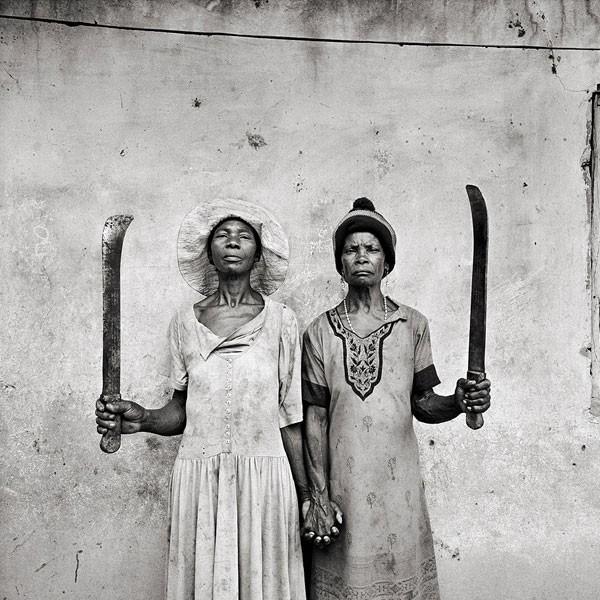Ramadan begins

Ramadan is a highly celebrated, deeply significant Islamic holiday for those who consider themselves Muslim. In Trinidad and Tobago, we, too, celebrate the holy month of Ramadan. Every year, more than 1.6 billion Muslims around the world celebrate Ramadan with a month-long fast. As one of the five Pillars of Islam, fasting during Ramadan is an obligatory act of worship for all able-bodied adult Muslims. From sunrise to sunset, both male and female must abstain from eating, drinking (even water in most cases), smoking, swearing, and sexual activity. This fast lasts for 29 or 30 days depending on the position of the moon as it is a time of celebration that most Muslims look forward to as their favourite time of year.
Ramadan is not simply a Muslim celebration or festival but an actual month in the Islamic calendar. According to the teachings of the prophet Muhammad, (peace be upon him) the month of Ramadan begins only after there has been visual confirmation of the new moon.
Ramadan is considered to be the holiest month of the year for Muslims as it is the month in which Muhammad claimed to have begun receiving the divine revelations of the Qur’an (Holy book). Muslim believers fast in accordance with the Qur’an, to attain “taqwa” known as God-consciousness. The true purpose of fasting is to train Muslims believers in humility, patience, and spirituality. Ramadan is a time of reflection when believers practice spiritual discipline and seek forgiveness of sins. Muhammad, himself, is reported to have said, “Whoever fasts in the month of Ramadan out of sincere faith, and hoping for a reward from Allah, then all his previous sins will be forgiven.”
In addition to fasting, Muslims will also increase their religious devotion through additional worship and prayer, reading and reciting the Qur’an, and giving to the poor. It is believed that the spiritual rewards of practicing Islam are greatly multiplied during Ramadan, especially on the “Night of Power,” which commemorates the night that Muhammad first received his revelation from God.
Much like Christmas and Easter are seasons when church attendance increases for Christians, Ramadan is a time when even the less observant for Muslims, practice their faith. Those who do not normally attend prayers at the mosque will go to the mosque and pray. Those who do not regularly observe the ritual of praying five times a day will meticulously observe the fast. Many of them do this as they seek to make up for past indiscretions or failure to observe religious obligations.
Fasting works as follows. During the pre-dawn period, Muslims observe Sahoor, a pre-fast meal followed by the Fajr prayer, which is the first of the five daily prayers in Islam. Traditionally the fast is broken each night at sunset with a small snack of dates and water, followed by the evening or Maghrib prayer. After the prayers have been observed, the Iftar meal is served. Over time, the Iftar (“to break fast”) has grown into a daily feast where families, friends, and communities come together at the mosque or in a banquet hall for a large meal and celebration to commemorate the breaking of the fast. In Trinidad and Tobago, it is not uncommon for mosques and Islamic Centers to invite non-Muslims from the community to break fast with them.
Often, during the month of Ramadan people will sleep more during daylight hours and celebrate late into the night. Interestingly enough, work productivity goes down and the consumption of food actually increases.
As Ramadan draws to an end, Muslims will offer their obligatory alms to the poor and one of the two great feasts in Islam begins. Eid al-Fitr, it is the feast of the breaking of the fast. It is a three-day celebration and major holiday where families come together and celebrate by giving treats to children and exchanging gifts. Much like Christmas is to Christians, the Eid al-Fitr is to the Muslim. It is the biggest and most meaningful celebration of the year when believers look forward to the chance to have past sins forgiven and to earn extra rewards for observing religious rituals. For many, it is an opportunity to renew their faith and devotion to God.
Subrina Hall-Azih is a Trinidadian Educator residing in New York.






